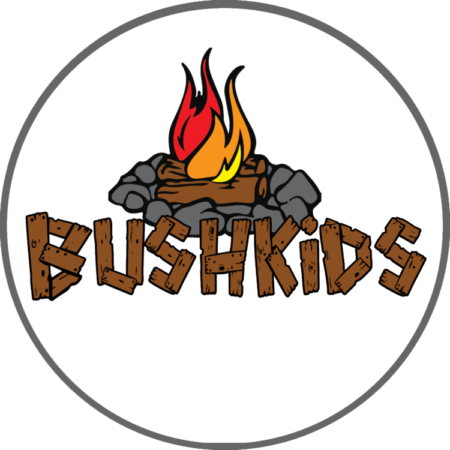Our Mission
Based in Yellowknife, we provide training and mentorship to educators to bring their practice outdoors. We are grounded in a Land-based philosophy where Indigenous and Euro-western world views co-exist in a mutually respectful and welcoming space (i.e. “ethical space”). We practice play-based, inquiry-based, child-led and emergent learning approaches where safe risk-taking is supported. Through our consulting practise, we work with parents, educators and decision-makers to integrate this way of learning at all levels.
Our Vision
We envision all educators in the NWT spending time connecting with nature and community as a regular and integrated part of their practice. The Land guides learning for all in an ethical space that celebrates both Indigenous and Euro-western approaches to learning. This way of being supports healthy relationships with ourselves, each other and the Land.
Our Principles
1. Land-based Learning
We recognize that the Land is our greatest teacher. Land in the NWT has shaped peoples, cultures, languages, and knowledge here since time immemorial. Building relationships with the Land is essential to healthy learning. Land, People, and relationships always come first.
2. Ethical Space
Ethical space is a way of saying that we balance Indigenous worldviews with the mainstream system in the NWT – which is largely based in Euro-Western philosophies. Indigenous Peoples have been learning and teaching on this Land here since time immemorial. When working within a balanced frame, we can discover the best of both systems and how they can work together for optimal and appropriate place-based learning – for everyone.
Tools We Use to Achieve our Principles
Learning through the above principles means we often use the following tools when working with children:
- Play-based Learning – Learning through play allows children to meet the land on their own terms. This relationship, with ourselves, each other, and the Land, is what must be cultivated first and foremost. This emphasis on the relationship is clear in Indigenous knowledge systems. Outdoor play is proven to enhance learning, healthy child development, social skills, self-regulation, and environmental stewardship.
- Inquiry-based Learning – As children are given space to discover their interests and curiosities through play, we begin the process of inquiry-based learning where the learning starts with authentic and relevant questions. The cycle of inquiry-based learning is dynamic: we tune in to what we already know, we are creative in how we find out what we don’t know, we sort through our new knowledge to take a deeper dive, and then we make some conclusions before taking action. The learning is not linear and it is sometimes messy which makes the reflection of our learning skills so important. We access the NWT formal curriculum and higher learning in this way.
- Spiral Learning – We can also think of this as ‘emergent learning’, where instead of learning in set units, we draw out learning and schedules from what is happening on the Land and with all learners. Our curriculum often follows the seasons and it emerges through time, rather than dictating how we spend our time.
- Child-led Learning – Through play and inquiry-based learning, children are the center of all we do at Bushkids. The work we do is for future generations. The children and how their relationship with land unfolds are the essential factors in how we structure our days. We often refer to co-learning, where we learn and explore together and where educators are not the experts but rather facilitators of a safe space.
- Risky Play – At Bushkids, we support healthy risk as an essential component of healthy childhood development, learning, and growth. This includes using tools and exploring both physical and emotional risk-taking. We want to encourage learning how to self-regulate safely, in a variety of circumstances. Children are capable, competent, and curious. Through healthy risk-taking, they can discover and manage their own boundaries, strengths, and identities.

